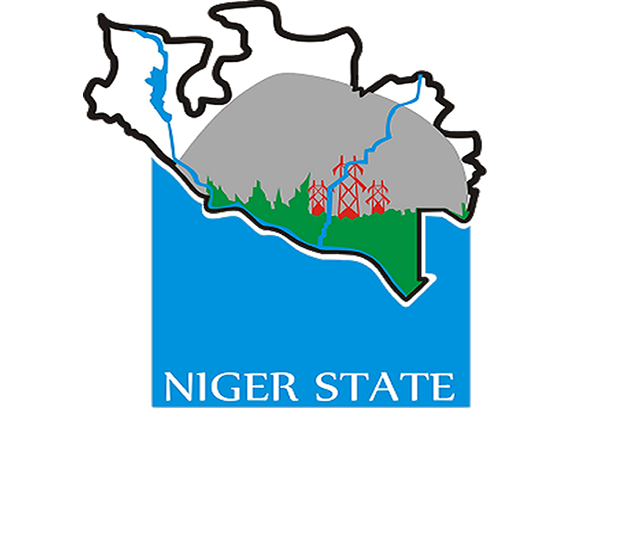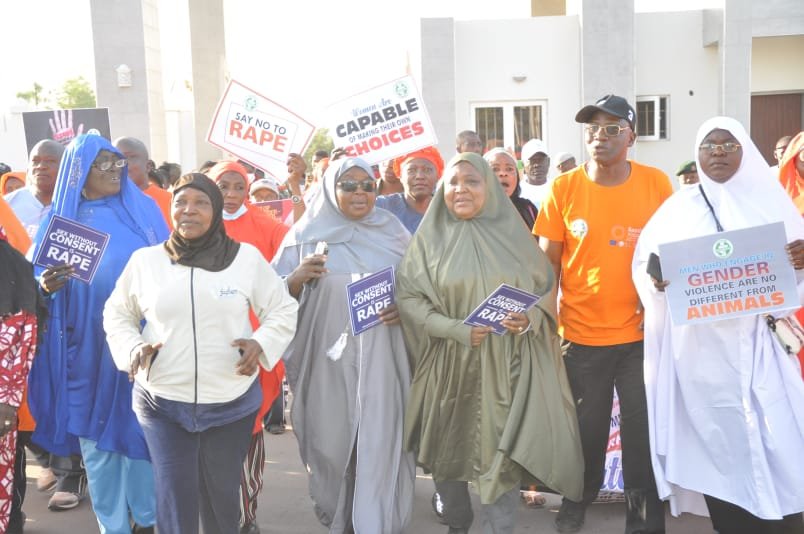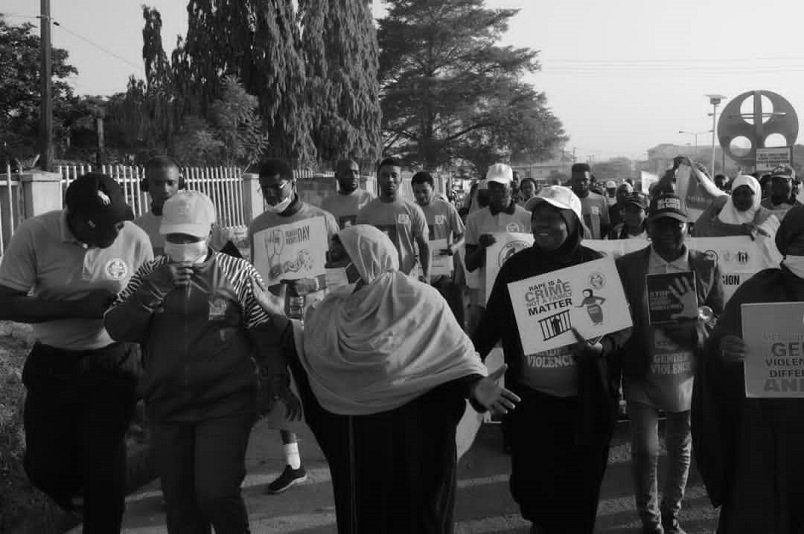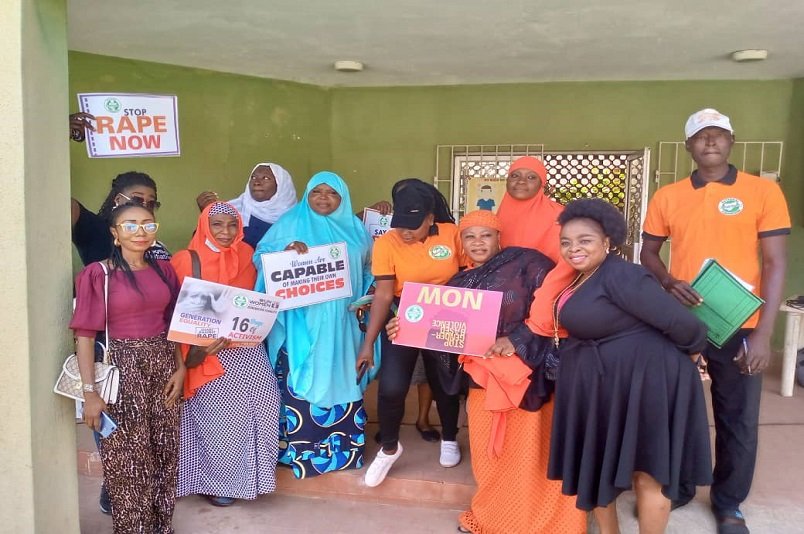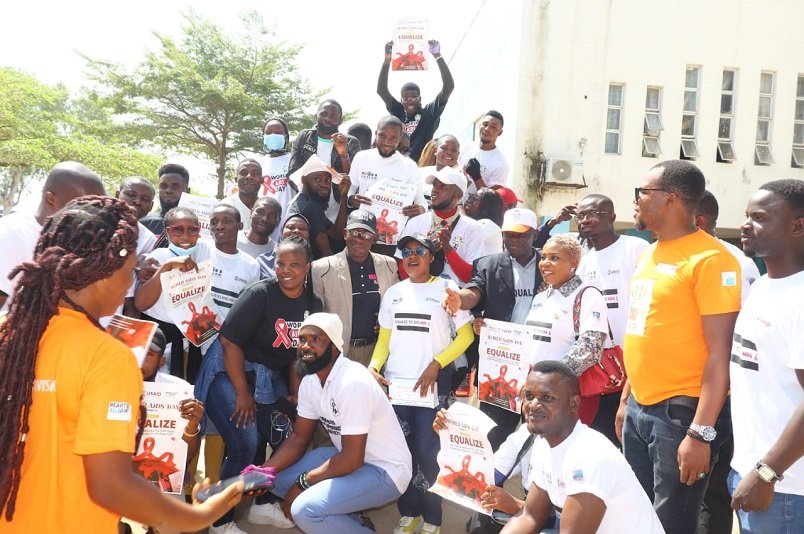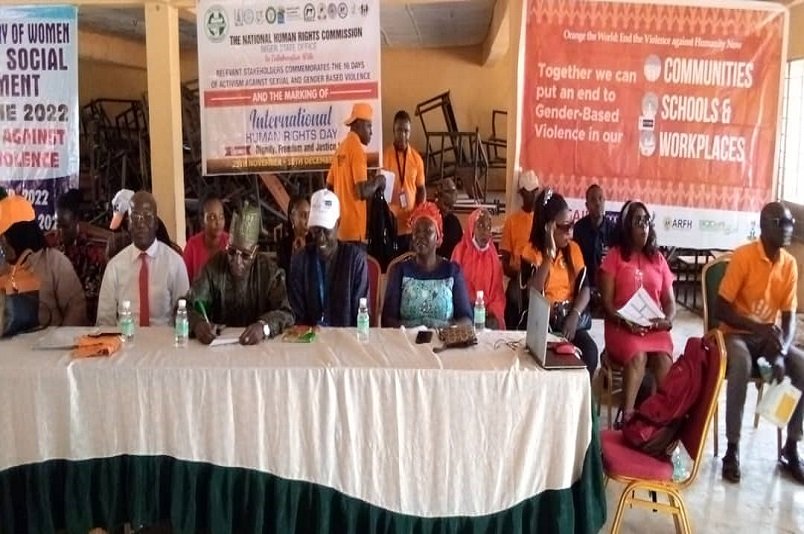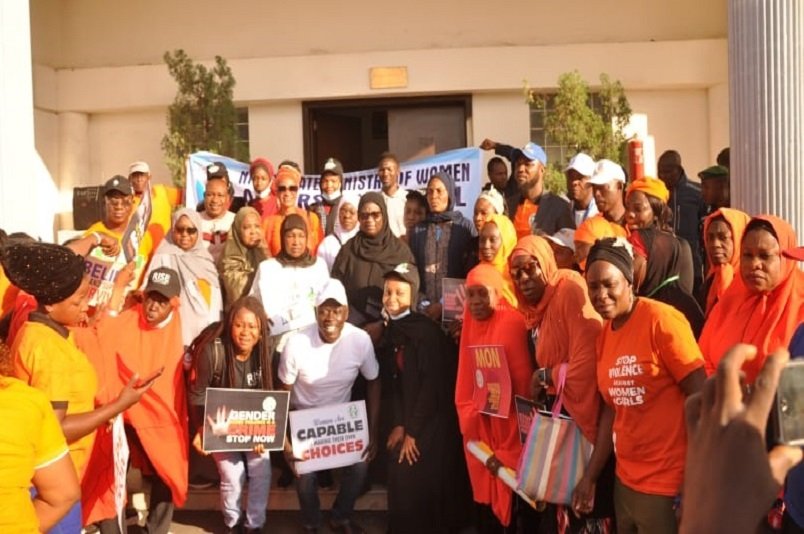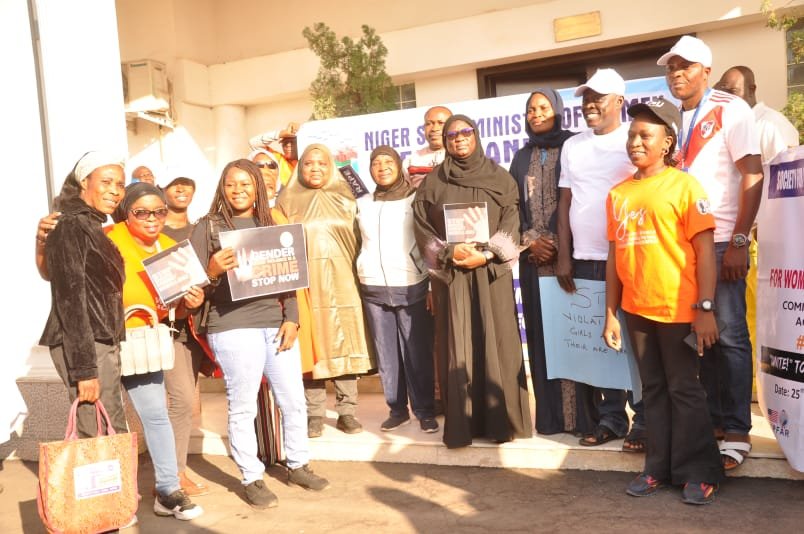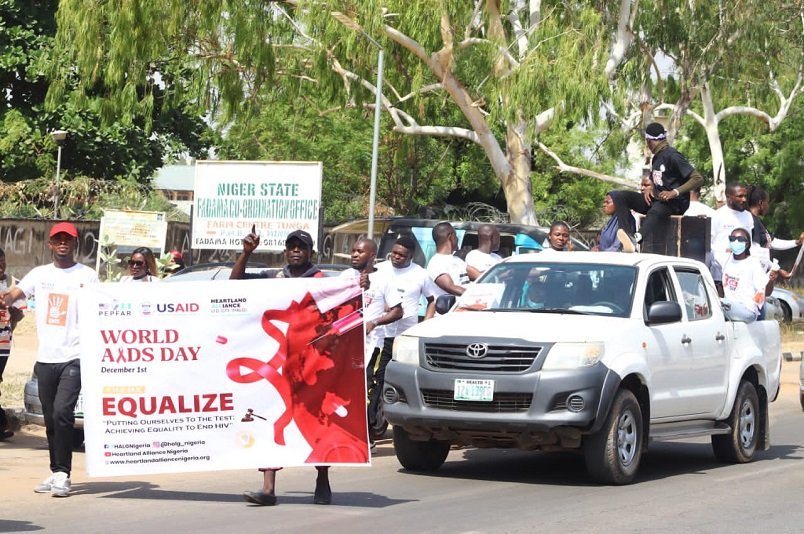
Education and Awareness Programs
Implementing educational initiatives and awareness campaigns to educate individuals and communities about sexaul assault, its impact, and the importance of preventing it. These programs can include workshops, seminars, community dialogues, and public service announcements.

Crisis Hotlines and Helplines
Establishing confidential and accessible helplines or crisis hotlines that provide immediate support, counseling, and information to survivors of sexual assault violence. These helplines are available 24/7, our staff are trained professionals or volunteers.
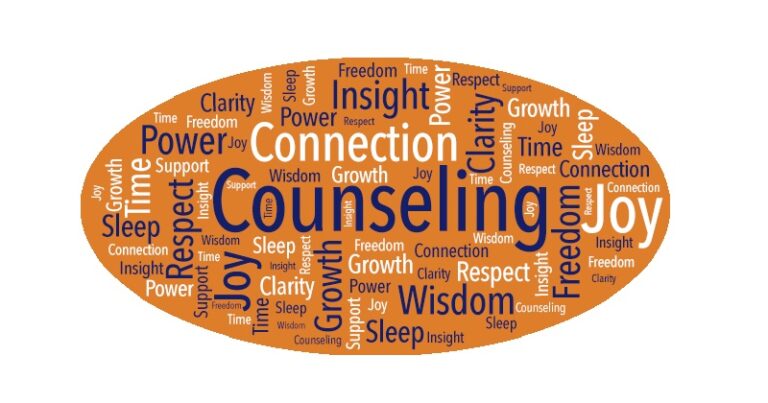
Counseling and Support Services
We providing counseling services for survivors of sexual assault violence, including individual counseling, group therapy, and support groups. These services aim to empower survivors, promote healing, and provide emotional support.
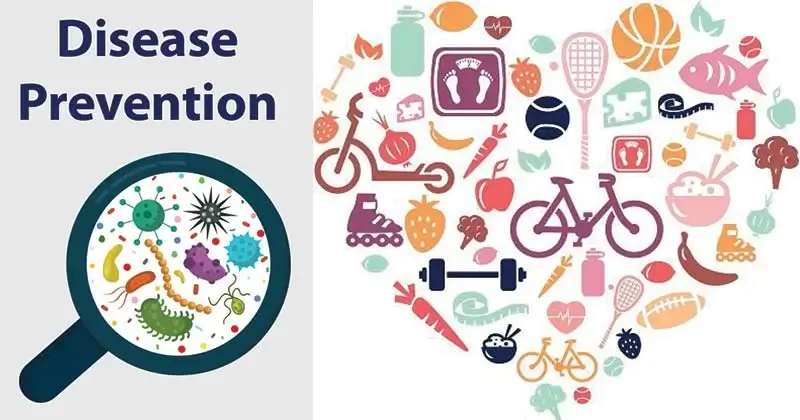
Prevention Programs
Developing and implementing prevention programs that address the root causes of sexual assault violence, challenge harmful gender norms, promote healthy relationships, and provide skills and resources for bystander intervention. These programs can target schools, workplaces, communities, and other relevant settings.

Capacity Building and Training
Providing training and capacity building initiatives for professionals, service providers, and community members to enhance their knowledge and skills in preventing and responding to sexual assault violence. This can include training on trauma-informed care, cultural sensitivity, and recognizing signs of abuse.
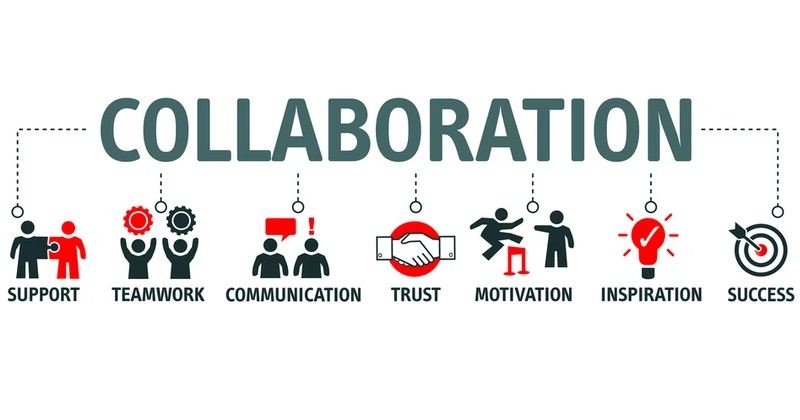
Collaboration and Coordination
Collaborating with other organizations, government agencies, and community stakeholders to ensure a coordinated response to sexual assaults. This includes sharing resources, coordinating services, and advocating for systemic changes to address the issue effectively.

ACCESSIBLE MEDICAL EXAMINATION AND TREATMENT
The individuals affected by assault may undergo a comprehensive medical examination, including laboratory tests, and receive treatment from trained experts. These professionals are skilled in identifying and addressing the various illnesses and injuries resulting from the assault. The examination process aims to thoroughly assess the physical and psychological well-being of the survivors and gather essential evidence for legal purposes, if necessary.

PSYCHOSOCIAL
Psychosocial support, including face-to-face and telephone counseling, is crucial for individuals who have experienced rape or sexual assault to help them cope with the emotional and psychological effects of the trauma. This type of support aims to provide a safe and supportive environment where survivors can express their feelings, process their experiences, and work toward healing and recovery.
